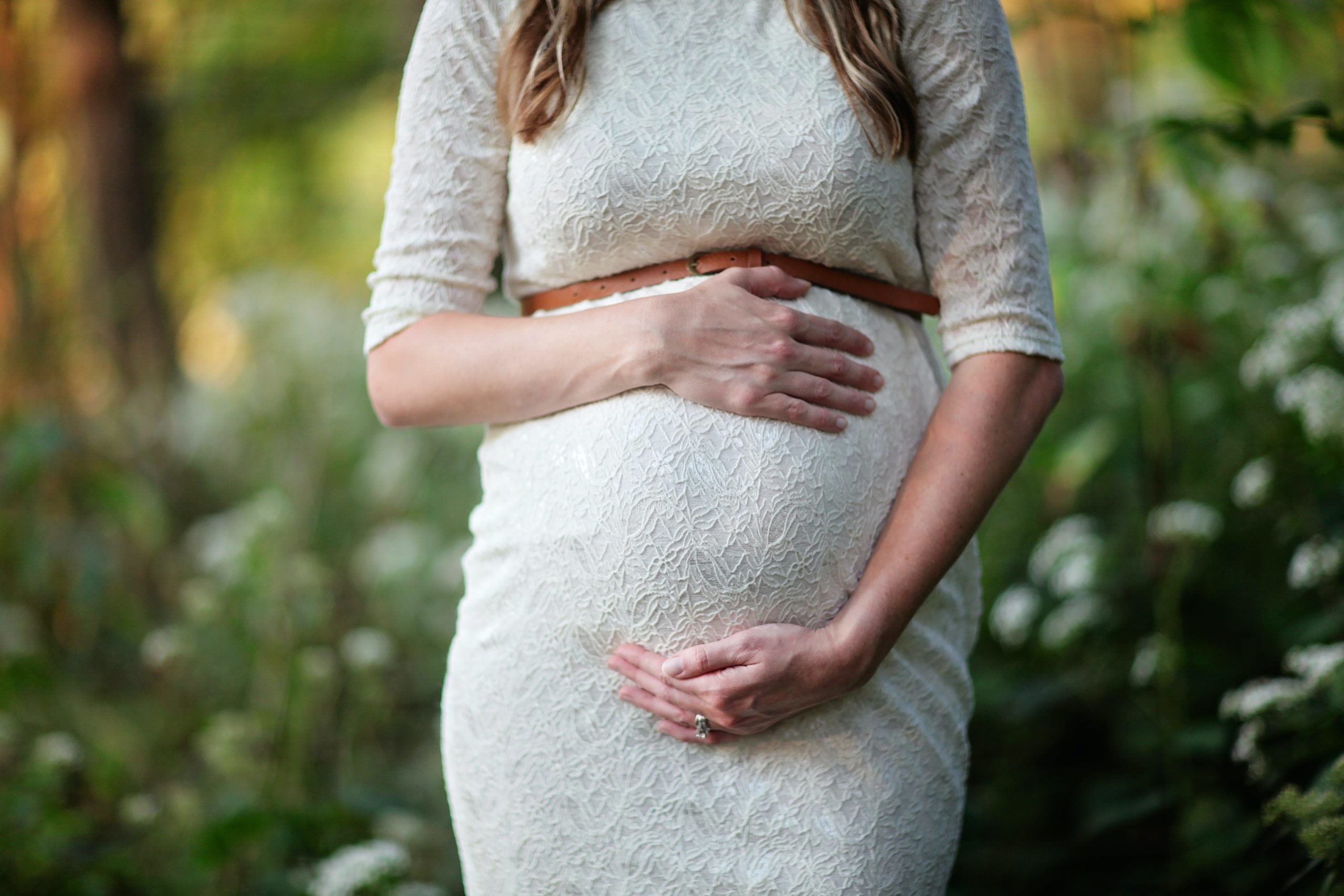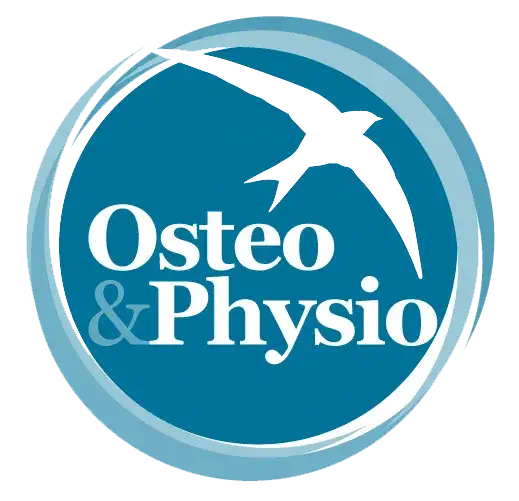New mum? Congratulations! Those early days with a new baby are magical. And also sometimes challenging – you will be recovering from months of pregnancy and the profoundly exhausting process of giving birth. Along the way your body will have changed, and its strength and flexibility may take a while to return. Our osteopaths have completed a specialist qualification, the Mummy MOT, to support new mums to recover the full health and vitality they’re used to and enjoy life with their new baby. In this blog, we look at a condition that we see with many new mums here in our clinics – diastasis recti. Osteopathy for diastasis recti can be an effective choice to address the pain and discomfort of this condition.
What is diastasis recti?
Diastasis recti is also named ‘diastasis rectus abdominis’ or simply ‘diastasis’. It is a condition where the rectus abdominis muscles separate during pregnancy and do not close after delivery. An abdominal gap wider than 2 centimetres is considered diastasis recti.
The rectus abdominis muscles run vertically down the front of your abdomen. The ‘linea alba’ is a band of tissue that extends down the middle and separates these muscles. As the abdominal muscles are stretched during pregnancy, this highly elastic band of tissue thins and pulls apart.
Around 66% to 100% of women experience diastasis recti in their third trimester. Women are more likely to get this condition if they are carrying multiple babies. It often resolves itself within eight weeks of delivery but is thought to persist in about 40% of new mums by six months after giving birth. This happens when the tissue of the linea alba is overstretched and loses its elastic properties.
What are the symptoms of diastasis recti?
The most obvious symptom of diastasis recti is that your belly may appear swollen either above or below the belly button. Other symptoms are:
- Softness around your belly button that can feel like jelly.
- A doming of the belly when you contract your ab muscles.
- Pelvic and/or hip pain.
- Lower back pain.
- Difficulty lifting objects.
- Urine leaking whenever you sneeze or cough.
How does osteopathy for diastasis recti help?
Our osteopaths always take a detailed case history to start with. This assessment is comprehensive and will cover your health pre-pregnancy, your health during and after your pregnancy.
Your osteopath will assess your pelvic floor function and how it affects the functioning of your bowels and bladder, and any impact on your sexual health. She will assess the strength and flexibility of
- your abdominal muscles – these affect your posture, pelvic stability, mobility and breathing.
- your pelvic floor – the health of the muscles of your pelvis impacts on your bowel and bladder function.
- your respiratory diaphragm – during normal breathing responses such as laughing, coughing or sneezing, the pelvic diaphragm will move to mirror the change in the respiratory diaphragm. Imbalance or dysfunction between the diaphragm and pelvic floor can lead to instability of the core, back pain, and incontinence.
Osteopathy for diastasis recti helps resolve this condition through a whole-body approach. Your osteopath will work on the following areas:
- Strengthening your core muscles: Core stability relies on the strength of your abdominal muscles. Your osteopath will focus on strengthening these tissues as well as those of the lower back, hip, and diaphragm muscles. All of these support your abdominal strength.
- Exercise programme: Your osteopath will offer advice on exercise that supports the strength of your abdominal muscles and avoids undue strain on them.
- Pelvis realignment: Sometimes thisalone enables a Diastasis Recti to close
- Release spinal tightness and tension: Your spine needs to be flexible to allow movement of your ribs and diaphragm, which in turn support the health of your abdominal wall muscles.
Book your appointment now
Don’t struggle with pain after giving birth – reach out to our experienced osteopaths to help you enjoy life with your new baby. Our team can help you get back to your pain-free life as fast as possible. It couldn’t be easier to book your appointment with Osteo & Physio! Book a session via our app, website or call our friendly reception team on 0345 5577788


